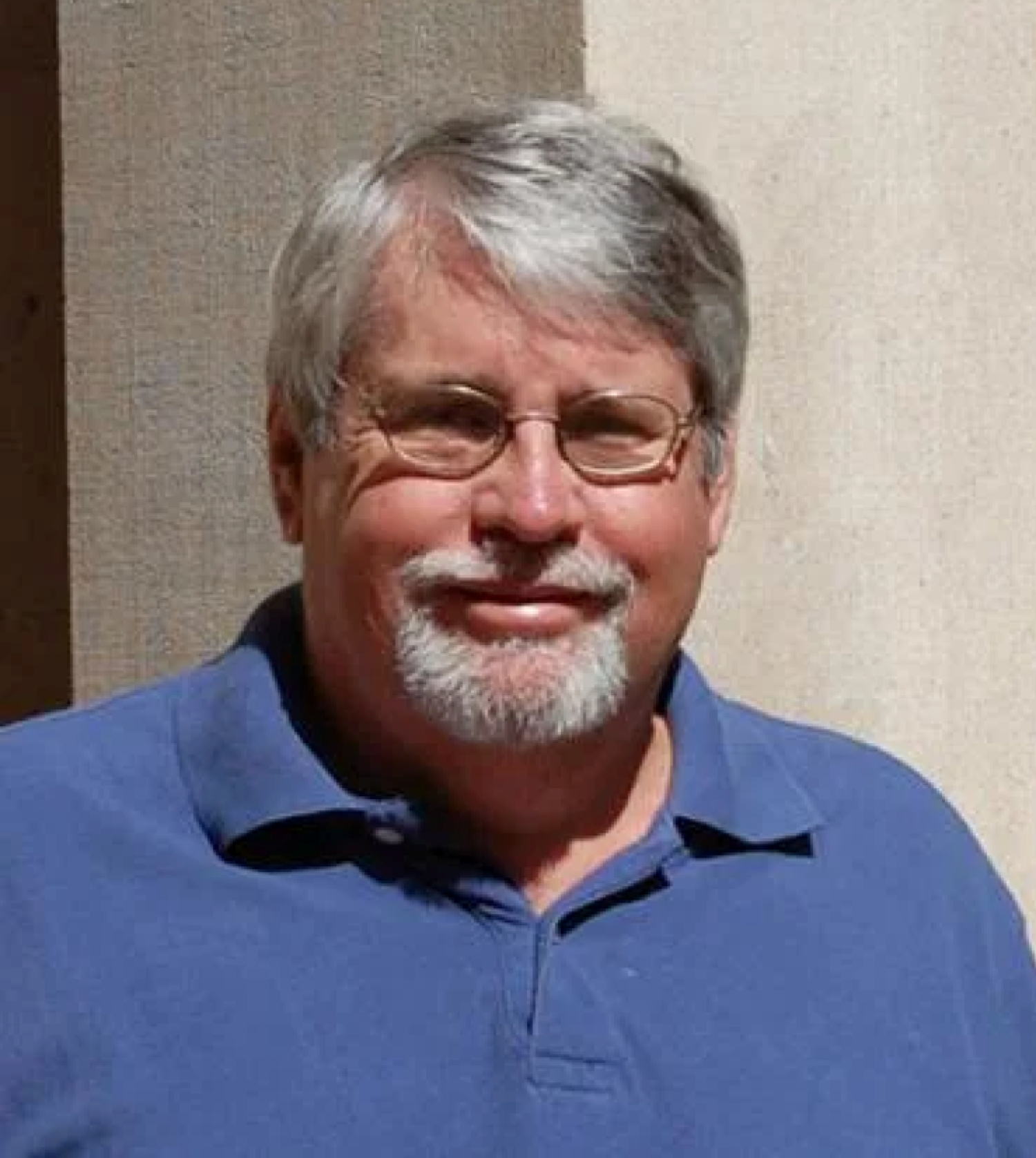By Rachel Sauer

CU Boulder historian Martin Babicz researches The Beatles' impact on U.S. culture and politics in 1964.
So, find the nearest Baby Boomer and ask them where they were at 8 p.m. EST on Feb. 9, 1964—60 years ago this week. That Sunday night, about 45% of U.S. households turned their TVs on to CBS for “The Ed Sullivan Show.”
An audience of 73 million people heard Sullivan open with, “Now, yesterday and today our theater’s been jammed with newspapermen and hundreds of photographers from all over the nation, and these veterans agreed with me that this city never has witnessed the excitement stirred by these youngsters from Liverpool...”
And then there they were—the Fab Four, the Lads from Liverpool, The Beatles performing “All My Loving.” In memory, the ecstatic screams still echo.
Just 77 days before that evening, President John F. Kennedy had been assassinated in Dallas, Texas. Still staggering from that, the United States also was seeing increasing involvement in Vietnam, growing a civil rights movement and facing what would become an extremely contentious presidential election.
“There was a lot going on in 1964 in the United States,” says Martin Babicz, a University of Colorado Boulder teaching associate professor of history who researches The Beatles’ effect on U.S. culture and politics in 1964. “Their tour in 1964 fits right into the issues of the time.”
